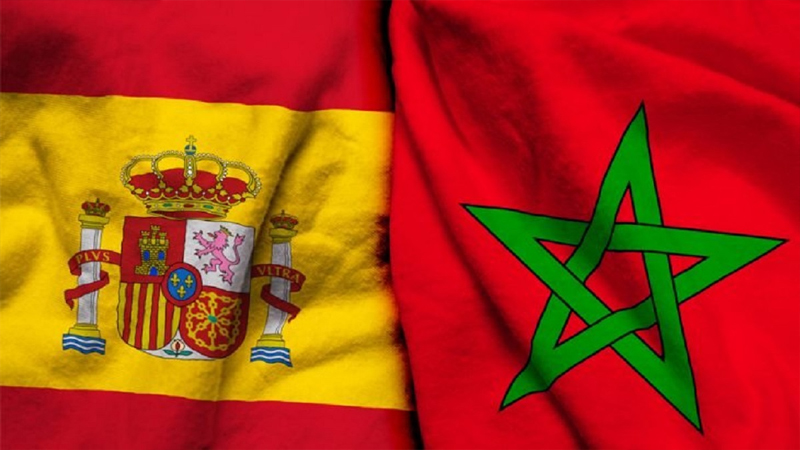Exclusive content

Morocco’s seafood exports have landed in troubled waters, with recent revelations from the European Food Safety System (RASFF) raising concerns over contamination. Central to this issue are reports of compromised shrimp shipments, a staple of both Moroccan exports and Spanish cuisine. As the alarm grows, questions surrounding food safety and fair competition are coming to the fore.
Parasites and Cold Chains
The RASFF’s latest alert has uncovered the presence of the Anisakis parasite in several shipments of fresh fish from Morocco, destined for Spain but rejected due to the associated health risks. While fish dominated the headlines, shrimp has also found itself embroiled in the controversy. Reports indicate that the cold chain—essential to maintaining the quality of perishable goods—was compromised for shipments of sardines and shrimp alike.
These issues are not just an isolated glitch but point to broader lapses in Morocco’s seafood logistics. Poor cold storage can degrade shrimp quality, rendering it unsafe for consumption, and undermining consumer confidence in imported seafood. Given the popularity of shrimp in Spanish markets, these revelations are cause for concern.
Murcia’s Fishermen on Alert
The impact of these revelations is being felt most acutely by Spain’s fishing community, particularly in Murcia, a region known for its seafood industry. Bartolomé Navarro, president of the Federation of Fishermen’s Guilds of Murcia, was quick to label the situation a “serious health emergency.” He has urged Spanish consumers to choose locally caught shrimp and other seafood, touting the rigorous safety standards that Spanish fisheries follow.
Navarro’s remarks reflect a broader unease among local fishermen, who face increasing competition from cheaper imports. While foreign shrimp may come at a lower price, Navarro argues that the safety risks—highlighted by the RASFF report—should give consumers pause. He points to the stricter oversight in Spanish fisheries, where quality control extends from the moment the shrimp are caught to the time they reach the market.
Praising the System, Critiquing the Competition
Despite the anxiety surrounding the contaminated shipments, Navarro lauded Spain’s border control systems, which successfully flagged the problematic imports. The rejection of shrimp shipments due to cold chain issues reinforces the importance of such vigilance, especially in a market where seafood is a dietary cornerstone. According to Navarro, shrimp and other seafood sourced from Murcia adhere to stringent refrigeration protocols, ensuring both freshness and safety.
Yet Navarro’s comments extend beyond immediate health concerns. He used the opportunity to call for more equitable competition in the European seafood market. Spanish fishermen, he argues, are at a disadvantage when competing with imports from countries like Morocco, where regulatory oversight can be more lax. The call for a level playing field, with uniform safety and quality standards applied across all imports, resonates deeply with Spain’s fishing industry.